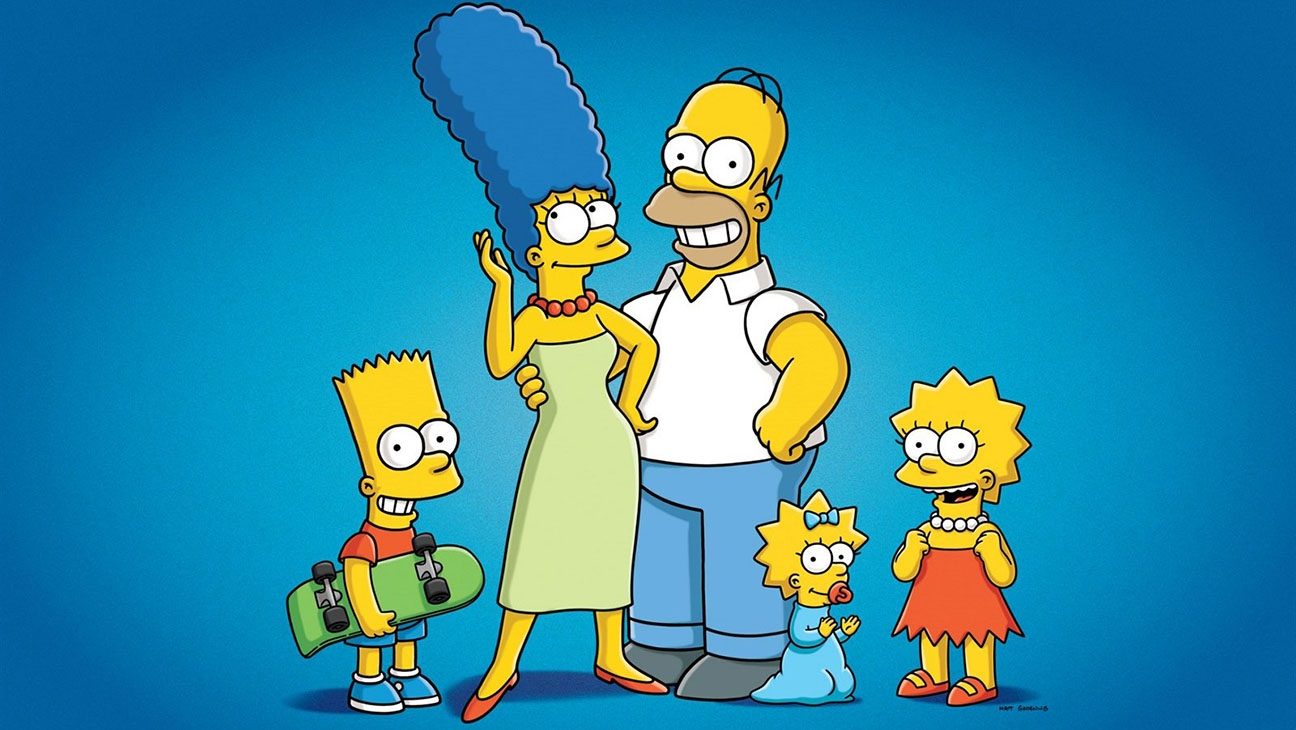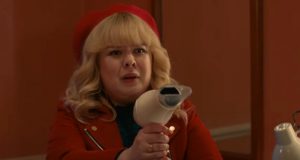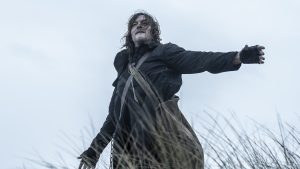
This The Simpsons review contains spoilers.
The Simpsons Season 34 Episode 21
If we’ve learned anything from The Simpsons, it is that clowns are funny. Homer went to Krusty’s Clown College in season 6 for “Homie the Clown.” We learn they can also be profitable in “Clown V. Board of Education,” which would have been a classic episode if we hadn’t already taken this class, and paid for it with money laundered by seltzer water.
Krusty the Clown has always been a stand-in for The Simpsons itself. So, when he bemoans how he lost touch with the audience in the ‘90s, it feels like a perfect setup for a continuation of an already tenured plot. One in which we know the Simpsons can succeed as a family, and Springfield as a community. Bart follows a path Homer laid out, and brings in a tender performance with the treacle pre-trimmed.
The Hyman Krustofsky Institute of the Clowning Arts really does elevate the art of clowning, far beyond the lifts in the oversized shoes. The audience gets a minor lesson on past great clowns, but also in really long German words describing humor, elusive as it is a concept there, and a side of Latin from the kid deemed “dumber than the class hamster.” Bart may excel in helium studies, but his knowledge of geometric trajectories is a skill he can take into the working or academic world. The faceoff between the Springfield Elementary honor students and the alpha losers at the clown school shows Bart as an enthusiastic learner. He should get extra credits for his performance. It’s better than any TED talk. The bits about Catholic schools, and the laws of indoor unicycling are equally teachable moments.
Even Lisa, the obsessive A-student with the craving for academic approval, learns lessons. The most important being you can never be too yakety on the sax, but also a deeper understanding of her brother. The segment where Bart asks his sister to imagine him feeling the way she does at school is moving. It also moves the episode out of the rut of Lisa being the foil. The sequence where she is drowned out by the honks of Bart’s horn is hysterically funny on so many levels, it has to be rewatched.
Read more

The Best Simpsons Episodes of the ’00s

The Best Simpsons Episodes of the ’90s
From the moment we see Ralph Wiggum in the school band, we know this is a kid who is going places. Besides Bart, he really is the most natural choice for the school’s valedictorian. It is also very warming to see all the kids’ loyalty to Krusty, and the honest appreciation he gets from the families. Luckily, some of the humor is brutal, like the mob making Lunch Lady Doris eat her own mashed potatoes, or the edict Principal Skinner gets from his mother about her funeral. The Supreme Court Justice reference is exquisitely timed. In general, the episode is very funny. It is loaded with gags, to be honest. But it’s a repeat, that didn’t have to be a retread.
Coming after Oingo, Boingo (a clever reference to Danny Elfman’s former band?), Sadsy, and all the other renowned clowns at Krusty’s school, Ponzi would make a great clown name. Student loans are pyramid schemes, and any kind of ballooning interests make sense in a clown school. So, when the episode is taken over by the mob, again, it is a fitting commencement.
This is the ultimate Krusty episode. He loses, while maintaining important delusions. He misinterprets conciliatory nachos as paternal acceptance, and learns, too late, the importance of timing. But more tellingly, “Clown V. Board of Education” steals from itself, a Krusty special, as he readily confesses. At the clown deli, Krusty offers to buy jokes before just stealing them outright. Similarly, Fat Tony’s (Joe Mantegna) generous offer is really a repo job.
Krusty’s original clown college was taken over by the mob to pay off gambling debts. Today, gambling is so accessible, it’s not even dangerous enough for the mob to take an interest. But loan sharking is a trade which fits perfectly with the educational model. Corruption runs so deep in the town, Mayor Quimby doesn’t even have to take cash anymore. He uses Griftr. Rainier Wolfcastle finally has a place that might hold his son.
The episode makes absolutely no reference to the original clown college, which is such a big part of The Simpsons, the omission is a crime. “Clown V. Board of Education” may follow the geometric formula for a perfect parabola, but it replaces the first law of mob rule, “Once we own you, we own you,” with the second: “If you see something, you didn’t see nothing.” Those who don’t remember history are doomed to repeat it … in clown school. Not that we’re going to try the creators as adults, but put that in your morning announcements.

